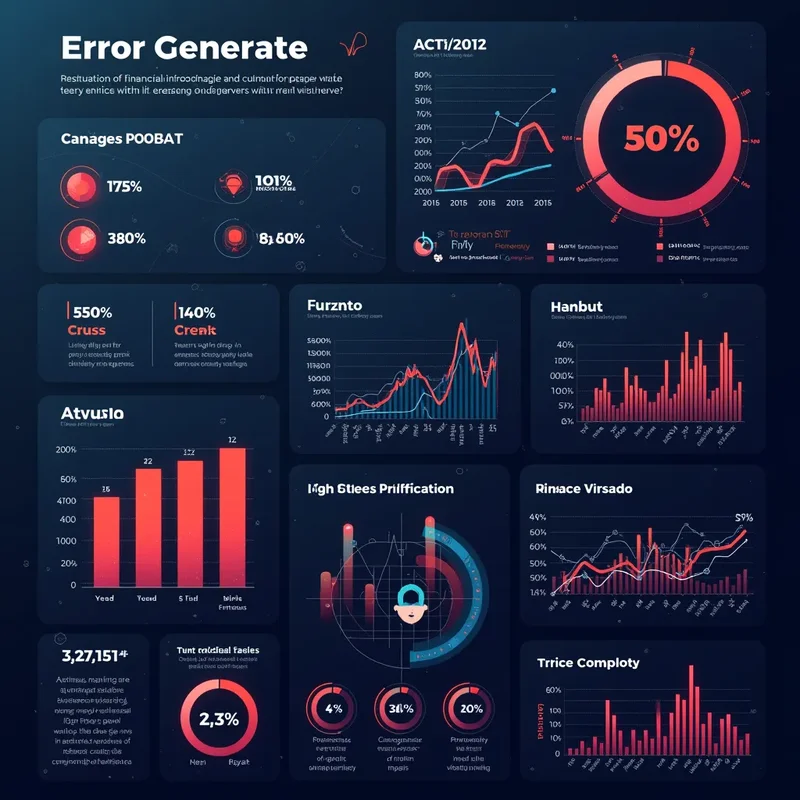As a first-time home buyer, navigating the process of purchasing a home can be overwhelming. From saving for a down payment to choosing the right mortgage, there are many factors to consider. To help you get started on your journey, we've compiled 15 essential tips for first-time home buyers.
**Tip 1: Start Saving Early**
The key to securing a home loan is having a solid credit score and a significant down payment. Begin saving early by setting aside a portion of your income each month. Aim to save at least 20% of the purchase price to avoid paying private mortgage insurance (PMI).
**Tip 2: Check Your Credit Report**
Before applying for a mortgage, review your credit report to ensure there are no errors or discrepancies. You can request a free copy from each of the three major credit reporting agencies once a year.
**Tip 3: Improve Your Credit Score**
A good credit score can help you qualify for better interest rates and terms. Make all payments on time, keep credit utilization below 30%, and avoid applying for too many credit products in a short period.
**Tip 4: Determine Your Budget**
Calculate how much home you can afford by considering your income, expenses, debts, and credit score. A general rule of thumb is that your housing costs should not exceed 28% of your gross income.
**Tip 5: Assess Your Finances**
Gather financial documents, including pay stubs, bank statements, and tax returns, to get a clear picture of your financial situation. This will help you determine how much you can afford for a down payment and closing costs.
**Tip 6: Research Mortgage Options**
Explore different mortgage types, such as fixed-rate, adjustable-rate, and government-backed loans (FHA, VA, USDA). Consider factors like interest rates, loan terms, and fees when choosing the best option for your situation.
**Tip 7: Consider a Co-Signer or Cosigning**
If you're having trouble qualifying for a mortgage on your own, consider finding a co-signer with good credit or considering a cosigner for a mortgage. This can help you qualify for better loan terms.
**Tip 8: Look into Government-Backed Loans**
Government-backed loans, such as FHA and VA loans, often require lower down payments and have more lenient credit score requirements than conventional loans.
**Tip 9: Negotiate with Sellers**
As a first-time home buyer, you may have some negotiating power. Consider making an offer that's slightly below the asking price or requesting repairs or credits for certain issues in the property.
**Tip 10: Work with a Reputable Real Estate Agent**
A good real estate agent can guide you through the process and help you find the right home. Look for agents who are experienced working with first-time home buyers and have knowledge of your desired neighborhood.
**Tip 11: Inspect Before You Buy**
Hire a professional home inspector to identify any potential issues or needed repairs in the property before you make an offer.
**Tip 12: Plan for Closing Costs**
In addition to your down payment, factor in closing costs, which can range from 2% to 5% of the purchase price. These fees cover services like title insurance, appraisals, and loan processing.
**Tip 13: Consider a Mortgage Broker or Bank**
Instead of working directly with a lender, consider using a mortgage broker or bank to shop around for rates and terms. This can help you find a better deal than going through a single lender.
**Tip 14: Read the Fine Print**
Carefully review your loan documents and ask questions if you're unsure about any terms or conditions. Don't be afraid to walk away if you don't feel comfortable with the agreement.
**Tip 15: Budget for Ongoing Expenses**
In addition to your mortgage payment, factor in ongoing expenses like property taxes, insurance, maintenance, and repairs when calculating how much home you can afford.
By following these 15 tips for first-time home buyers, you'll be well-prepared to navigate the process and find the perfect home. Remember to stay patient, persistent, and informed throughout your journey. Happy house hunting!
For more on this topic, see our article on Related Article.

